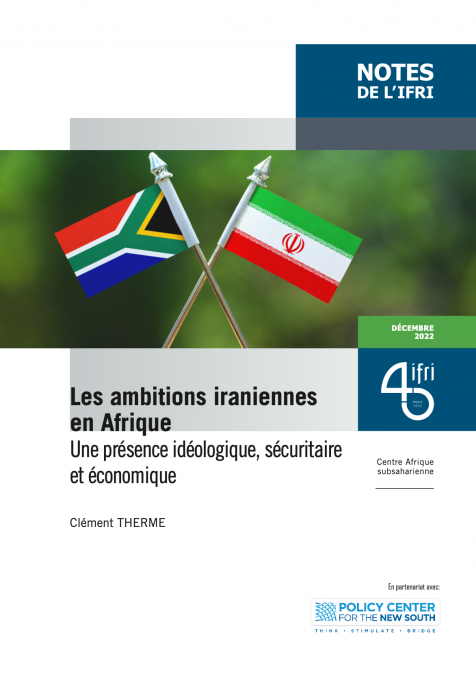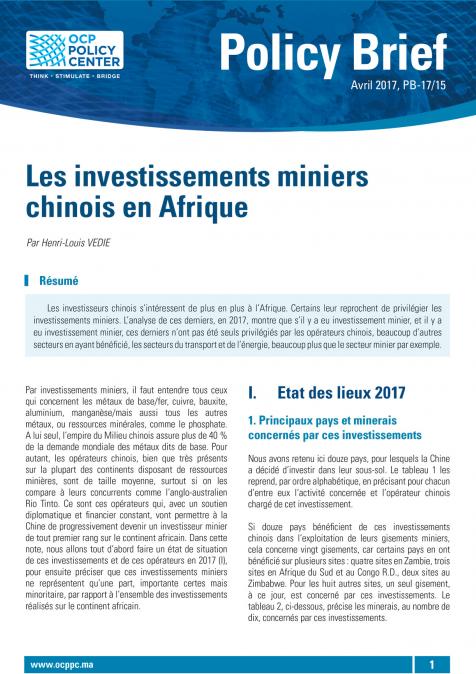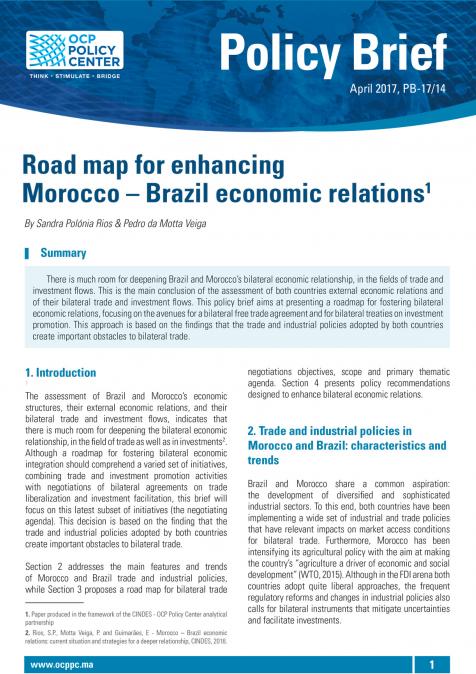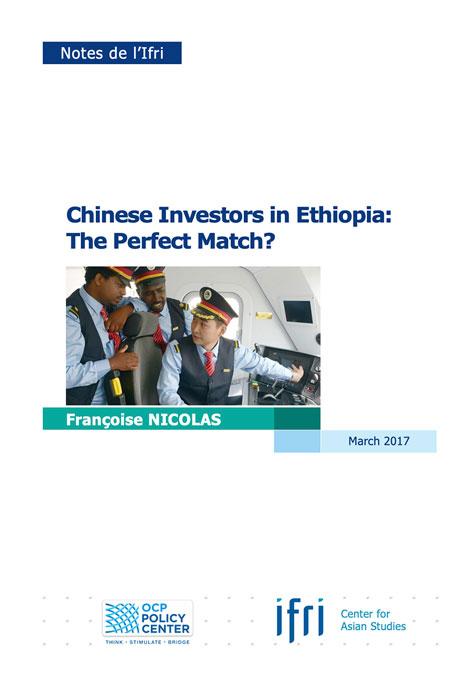Publications /
Policy Paper
La présence iranienne en Afrique est une question à la fois idéologique, économique et sécuritaire. La politique africaine de l’Iran a connu un nouvel élan avec la Révolution de 1979. Dans le cas de la politique africaine, on peut qualifier ce tiers-mondisme militant d’arrogant. Eneffet, dans l’imaginaire des élites politiques révolutionnaires khomeynistes, les relations avec les pays du Sud global sont à comprendre non seulement dans le cadre d’un anti-impérialisme de façade mais aussi dans la perspective d’une approche révolutionnaire visant à exporter leur modèle politico-religieux.
Cette ambition se traduit par des ingérences dans les affaires internes des États africains afin de conduire des activités prosélytes mais aussi de construire des réseaux de clients composés d’acteurs non étatiques. Dans le contexte d’une fragmentation du système international, la capacité des réseaux d’influence iraniens à se déployer dans la longue durée en Afrique reste à démontrer. En effet, l’absence de complémentarité économique, la distance géographique et la dimension principalement sécuritaire et idéologique de la politique africaine de Téhéran demeurent des obstacles à l’instauration de relations fondées sur les projets de développement communs et non sur des stratégies de contournement de l’influence occidentale ou de confrontation avec les rivaux régionaux de la République islamique (Israël et Arabie Saoudite notamment).








